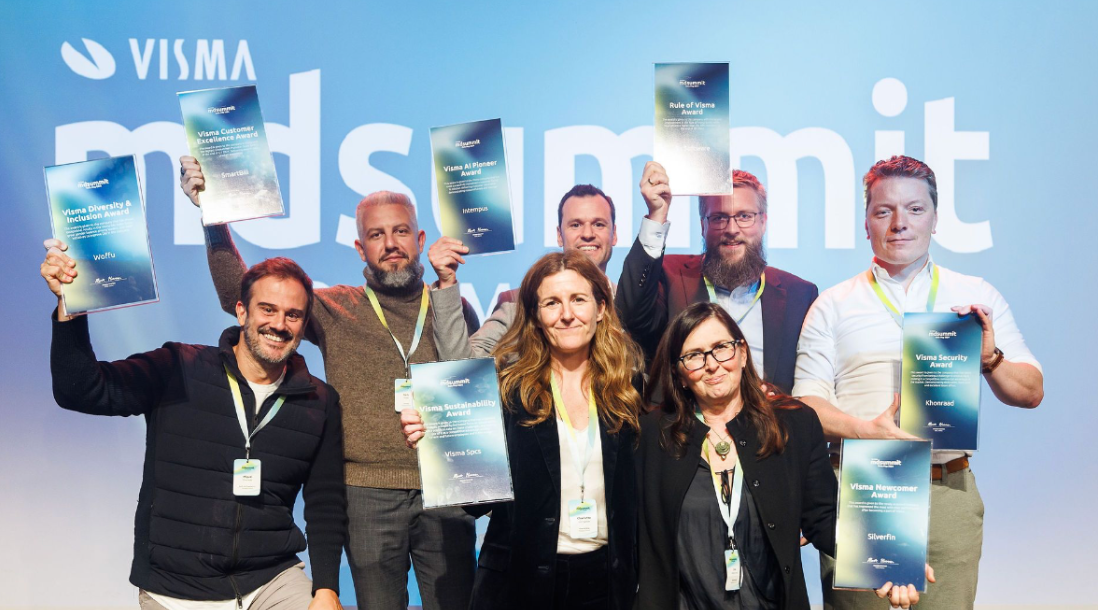Thinking we are all the same and need the same things is as dangerous for equality as it is for product development and ROI
A few more wheels came off the American tech dream when Silicon Valley bank collapsed in March. And this, combined with a spate of tech companies large and small laying off staff recently, got me thinking, not just about how the quest for Unicorn miracles has damaged the accepted definition of desirable business growth, but also how a blindness to customer needs seems to follow companies that are born into large domestic markets. Specifically, how often this seems to create a belief that homogenous products are fit for a ‘global’ marketplace.
Many of our technology behemoths and most valued start-ups have originated in the US. The initial benefits of standardising your product offering when they serve a large domestic market, with a single language and currency, has often led to great profit margins and an assumption that this is a global solution – because it is the best, for everyone. But when global expansion is a pursued “next step”, being fit for purpose for local needs is not often as straightforward as that.
For International Women’s Day, I wrote about how women need reliability and flexibility in the workplace to attract them to technology companies. However, this point is just as relevant to truly global businesses. Talking to global accountancy firms such as EY, Deloitte, KPMG and PwC, we repeatedly hear that successful adoption at the local, country level of our cloud based, SaaS solution is dependent on strong localisation – and strong buy-in from in-market experts and users.
But, I also hear that many ‘global’ technology providers either do not accommodate this, or promise it but then fail to prioritise that functionality.
Thinking we are all the same and need the same things is as dangerous for equality as it is for product development and ROI. A truly global offering needs to recognise and embrace that customers are diverse in a multitude of ways including, but not limited to, language, legislation and how to create competitive advantage through digital enablement.
I truly believe that European businesses, established with an inherent expectation that adaptation and tailoring is a client’s right, are better placed to serve truly global customers. Firms like Silverfin, Planday, Yuki, and Showpad won’t rule out Denmark or South Africa as too small or too different. We don’t expect countries to significantly change language, GDP or complexity, so why do many, often American HQ’d firms, expect their “offshore market” needs to match the original, domestic flavour?
But, before anyone thinks I’m saying only American software companies always let non-domestic customers down, I’m not. Gary Turner, co-founder of Xero and now Non-Exec at Planday, made the extremely valid point recently that lots of European B2B software vendors never make it past 3 or 4 markets – and often those are via acquisition. So, it seems the ‘myopic’ pull of a home market, where success is proven, is hard to move beyond for many. However, it is still so important to all those customers sitting in other countries that the best technology learns to travel.
Why should any business settle for the best home-grown technical solution to automating repetitive accounting processes or preparing dynamic board papers, when a technology vendor from another country might have a solution that’s ten times better with localization changes?
Maybe, just as at a human level we strive to embrace difference, we need a shift that starts with the assumption that business technology should fit the customer and not vice versa. We need our leaders in software to listen, understand, support and then improve how customers’ differences are incorporated and maximised. Otherwise, we will miss out on the maximum value technology can offer accountancy and other business verticals.














